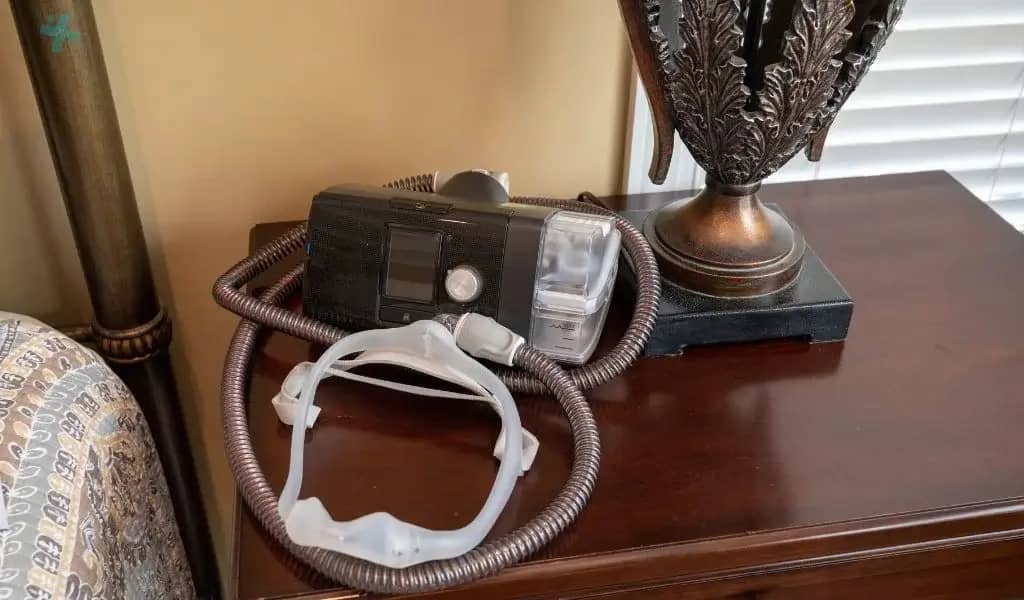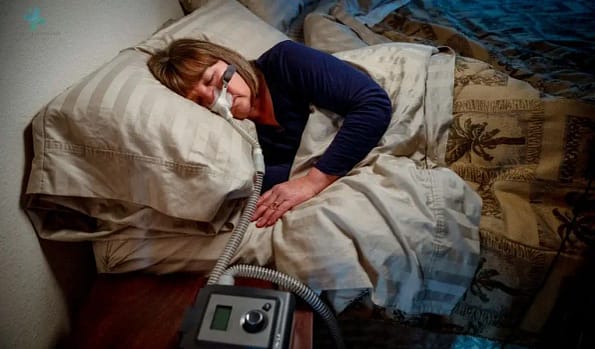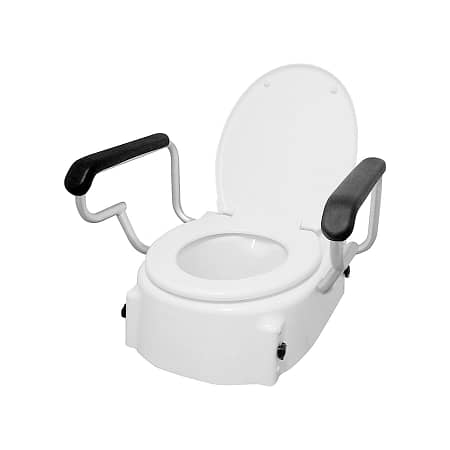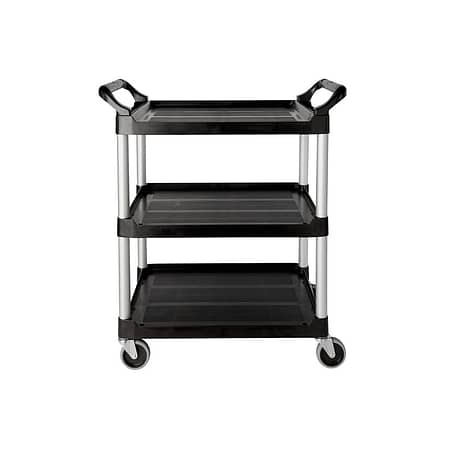Is it possible to travel with a CPAP machine, and are there portable options available for use during trips or vacations?
Introduction to Travelling with a CPAP Machine
Understanding CPAP and Its Importance for Sleep Apnoea Patients
Continuous Positive Airway Pressure (CPAP) machines are a cornerstone treatment for individuals suffering from sleep apnoea, a condition characterized by repeated breathing pauses during sleep. These devices provide a steady stream of air through a mask, keeping the airways open and ensuring uninterrupted breathing. For those affected, CPAP machines significantly improve sleep quality and overall health by preventing the dangerous stoppages in breathing that define sleep apnoea.
The Challenge of Travelling with Traditional CPAP Devices
Travelling with traditional CPAP machines presents several challenges, primarily due to their size, weight, and the need for a reliable power source. Traditional units are often too bulky for convenient travel, requiring users to dedicate significant luggage space to their CPAP system. Additionally, ensuring the device can be powered, especially in countries with different voltage standards or in remote locations, adds another layer of complexity to travel planning for CPAP users. These challenges can make the prospect of travel daunting, potentially deterring individuals from taking trips or vacations.
The Possibility of Travelling with a CPAP Machine
Travelling with a CPAP machine is entirely feasible, thanks to increasingly accommodating airline policies on medical devices and the advent of globally compatible power solutions. Most airlines classify CPAP machines as essential medical devices, allowing them to be carried on flights without counting towards your carry-on luggage limit, though it’s always wise to check specific airline regulations in advance. When it comes to powering your CPAP machine abroad, the latest portable models are designed with universal power supplies to adapt to various voltage standards worldwide.
Additionally, many come equipped with battery packs to ensure continuous therapy on flights or in destinations where power access might be inconsistent. This combination of airline cooperation and technological advancements in CPAP design makes travelling with sleep apnoea more manageable than ever, ensuring individuals can enjoy restful sleep wherever their journeys take them.

Exploring Portable CPAP Options
The evolution of CPAP technology has led to the development of portable CPAP machines, designed to make travel more accessible and less burdensome for sleep apnoea patients. These compact devices ensure that individuals can continue their treatment without interruption, no matter where they are in the world. Below, we delve into the essential features of portable CPAP machines and highlight some of the best models available in 2024.
Features of Portable CPAP Machines
- Size and Weight: Portable CPAP machines are significantly smaller and lighter than their traditional counterparts, making them easy to fit into luggage or carry-ons. Their compact design doesn’t compromise performance, ensuring users receive the same level of therapeutic air pressure as they would at home.
- Battery Life: One of the most critical aspects of a portable CPAP machine is its battery life. Modern devices come with rechargeable batteries capable of lasting one to two nights per charge, ensuring users can still use their CPAP machines in places without direct access to power sources.
- Noise Levels: Despite their smaller size, portable CPAP machines are designed to operate quietly, ensuring neither the user nor those nearby are disturbed during sleep. The best models boast noise levels as low as 25-30 decibels, comparable to a whisper.
Best Portable CPAP Machines for 2024
When selecting a portable CPAP machine, it’s essential to consider not only the features but also user feedback and professional recommendations. Here are some top models for 2024, known for their reliability, ease of use, and comfort:
- Comparing Top Models:
- The ResMed AirMini™ is renowned for its ultra-compact design and effective performance, compatible with ResMed’s most popular masks.
- The Philips DreamStation Go offers impressive flexibility and connectivity features, allowing users to adjust settings and monitor their therapy through a mobile app.
- The Z1 Auto CPAP Machine stands out for its minimalistic design, making it one of the lightest and most portable options on the market.
- User Reviews and Recommendations:
- Users often praise the ResMed AirMini™ for its ease of use and the seamless integration with ResMed masks, highlighting its convenience for frequent travellers.
- The Philips DreamStation Go receives accolades for its robust battery life and user-friendly interface, with many appreciating its data tracking capabilities.
- The Z1 Auto CPAP Machine is recommended for outdoor adventurers and backpackers due to its incredibly light weight and compact size, offering freedom without compromising on sleep quality.
Tips for Travelling with a CPAP Machine
Packing Your CPAP for Air Travel
When preparing for air travel, it’s vital to pack your CPAP machine correctly to ensure it remains safe and ready for use upon arrival.
- TSA Guidelines and Security Screening: Familiarize yourself with the Transportation Security Administration (TSA) guidelines regarding medical devices. CPAP machines are allowed through security checkpoints but must be screened separately. It’s advisable to carry your prescription or a letter from your doctor in case you need to verify the device’s medical necessity. Additionally, ensure your CPAP is easily accessible in your carry-on luggage for screening.
- Protecting Your Device in Transit: Use a sturdy, padded case specifically designed for your CPAP model to protect it from knocks and drops during travel. Consider packing a portable battery pack and a universal power adapter if you’re traveling internationally, to ensure you can power your device without issues.
Managing CPAP Use in Different Accommodations
Your travel accommodations, whether a luxury hotel or a tent under the stars, shouldn’t hinder your CPAP therapy. Here’s how to manage:
- Hotels and Resorts: Most hotels and resorts are well-equipped to accommodate CPAP users. Upon booking, it’s a good idea to inform the establishment of your needs, including access to a power outlet near the bed. Some places may also offer distilled water for humidifiers, so don’t hesitate to ask.
- Camping and Outdoor Adventures: For the more adventurous who prefer camping or outdoor retreats, consider a CPAP machine with a travel-friendly design featuring a long-lasting battery pack. Solar chargers for CPAP batteries are also available, making it easier to maintain your therapy off the grid.
By following these tips, packing appropriately, and communicating your needs, you can ensure that your CPAP therapy is a seamless part of your travel experience, regardless of your destination. With a little preparation, your sleep apnoea won’t hold you back from exploring the world comfortably and safely.

Preparing for Your Trip: A Checklist
Essential CPAP Travel Accessories
To ensure a smooth and hassle-free travel experience with your CPAP machine, packing the right accessories is crucial. Key items include a universal power adapter to accommodate different power outlets worldwide, a portable battery pack for instances where power may not be readily available, a travel bag specifically designed for your CPAP model to protect it during transit, and any necessary cleaning supplies to maintain your device. Additionally, consider bringing extra masks and tubing as backups.
Health Insurance and Travel Insurance Considerations
Before embarking on your trip, verify your health insurance coverage to understand what aspects of your CPAP therapy are covered while travelling, especially internationally. It’s equally important to invest in comprehensive travel insurance that includes coverage for medical devices. Ensure that it covers loss, damage, or theft of your CPAP machine, as well as any medical costs associated with sleep apnoea complications that might arise during your travels.
Emergency Plan and Local Resources
Developing an emergency plan in case of issues with your CPAP machine while travelling is essential. This includes researching local suppliers or pharmacies in your destination that could provide replacement parts or services for your CPAP machine. Additionally, carry a list of local healthcare providers or hospitals familiar with sleep apnoea treatment, alongside your medical records and a prescription for your CPAP equipment and settings. Having these resources readily available can significantly reduce stress and ensure continuity of care no matter where you are.





















